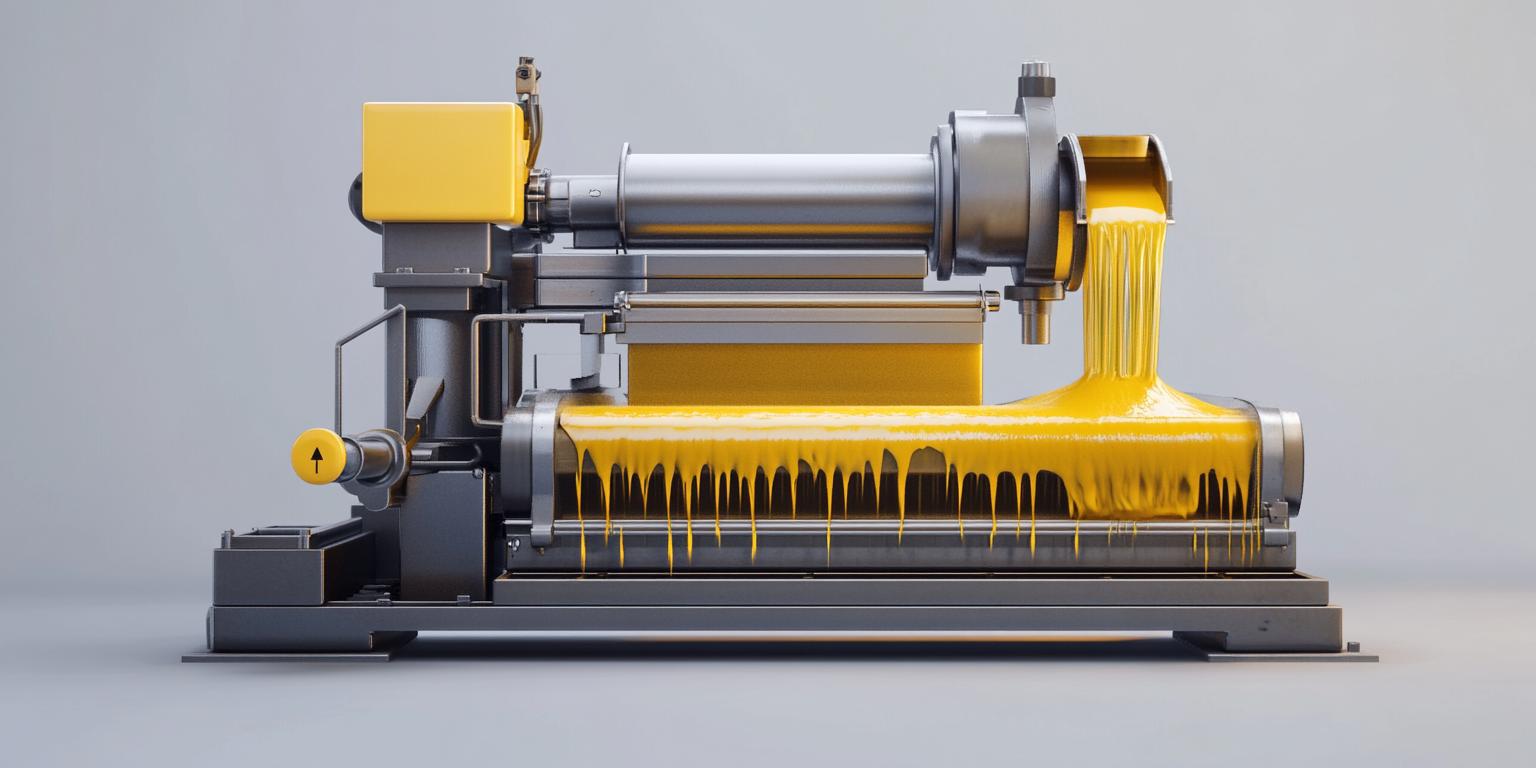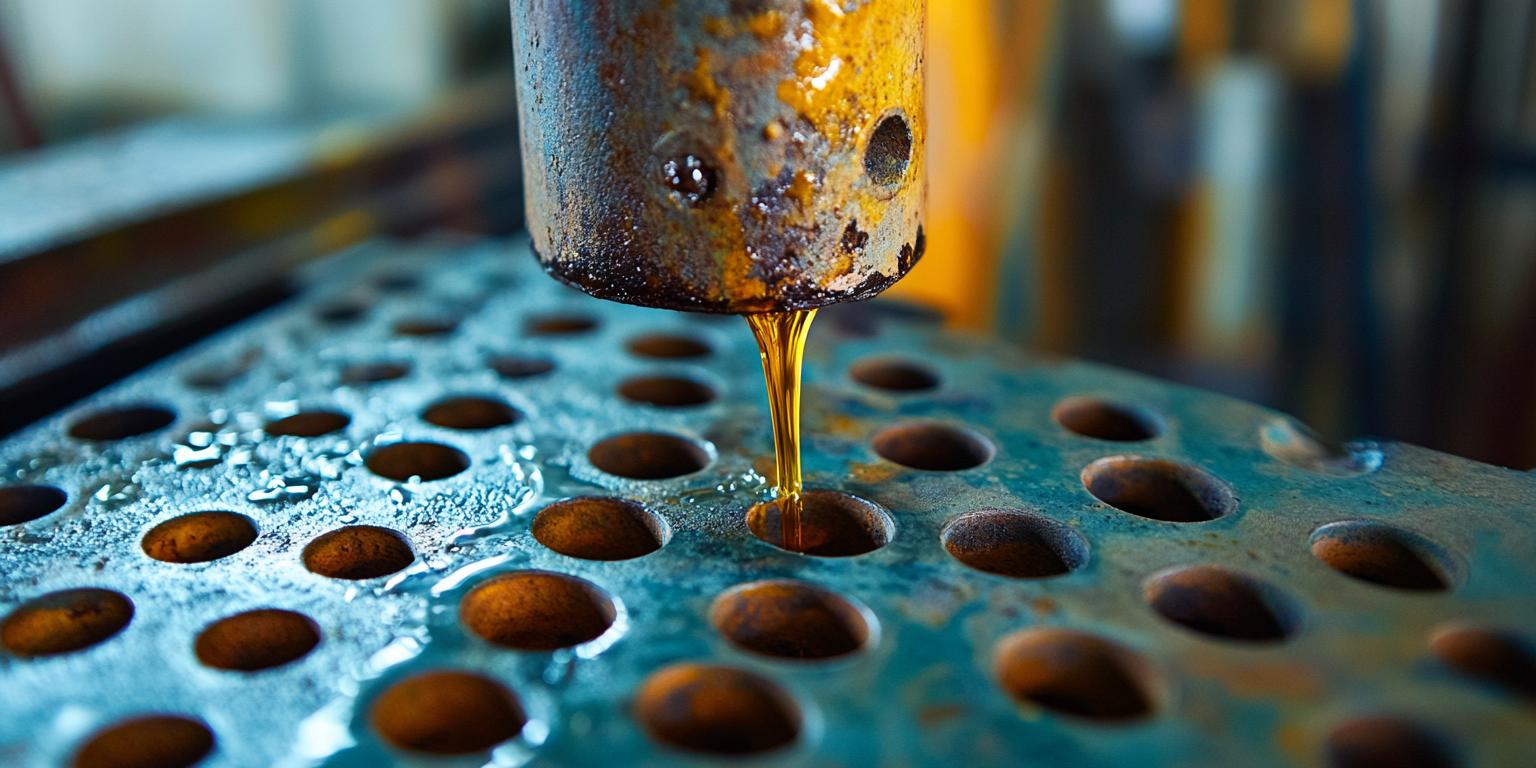
For food processors, chemical manufacturers, and pharmaceutical producers seeking to maximize oil extraction while minimizing energy use, modern screw presses are no longer just machines—they’re strategic assets. The latest generation of energy-efficient screw oil presses leverages a breakthrough design: dual-screw meshing technology that increases peanut oil yield by up to 12–15% compared to traditional single-screw models.
The core innovation lies in how the two interlocking screws rotate in opposite directions—creating a progressive compression zone where oil is squeezed out more uniformly from raw materials like peanuts, rapeseed, or soybeans. Unlike conventional presses that rely on static pressure, this dynamic meshing action ensures continuous contact between the screws and feedstock, reducing void spaces and improving mass transfer efficiency.
Key technical advantage: A well-designed dual-screw system can reduce mechanical resistance by 20% and increase throughput by 18%, according to tests conducted at an EU-certified agro-processing lab (2023).

Whether cold-pressing high-value nuts or hot-pressing bulk seeds like soybeans, these presses adapt seamlessly. For example:
| Oilseed Type | Avg. Yield Increase | Recommended Temp Range |
|---|---|---|
| Peanuts (Cold Press) | +14% | 25–40°C |
| Rapeseed (Hot Press) | +12% | 70–90°C |
| Soybeans (Hybrid Mode) | +13% | 60–85°C |
These results reflect real-world performance across over 300 installations globally—from small-scale artisanal mills in India to large-scale operations in Brazil and Germany.
High wear resistance comes from hardened alloy screws (typically AISI 4140 or stainless steel) and self-cleaning mechanisms that prevent clogging during extended runs. In fact, maintenance intervals have increased from every 6 months to 12 months under normal operating conditions—a 100% improvement in uptime.
Moreover, compliance with ISO 14001 and CE standards means you're not only optimizing output—you're future-proofing your facility against evolving environmental regulations.

To maintain peak performance:
Following these steps helps avoid unnecessary strain on components and keeps your machine running efficiently for over 10 years with minimal downtime.
“This isn’t just about extracting more oil—it’s about doing it smarter, cleaner, and faster.” — Dr. Lena Müller, AgriTech Solutions Lead, EU Food Processing Institute
If you're ready to upgrade your oil extraction process with proven, scalable technology, let us help you find the right fit for your operation.
Get Your Free Technical Brochure & Consultation Now
